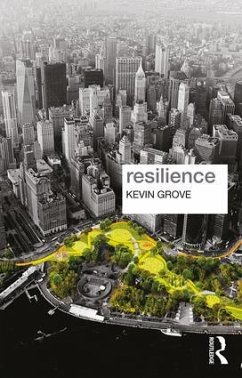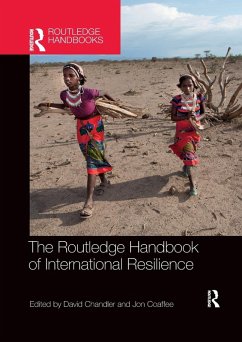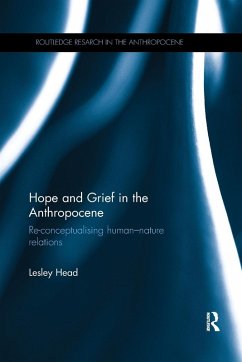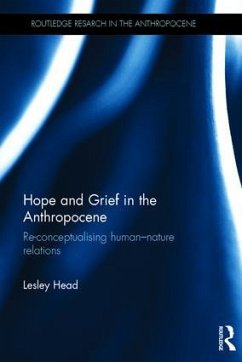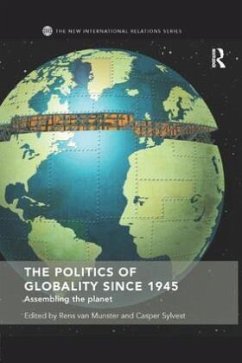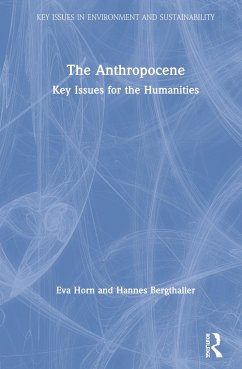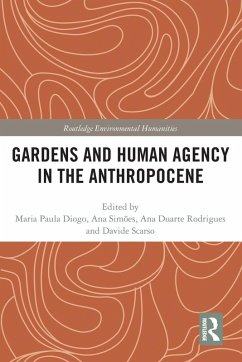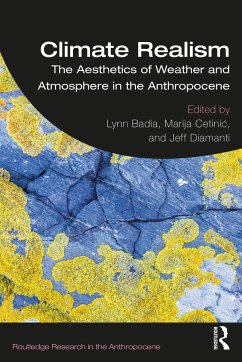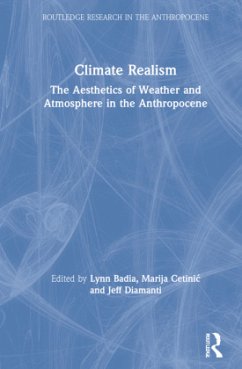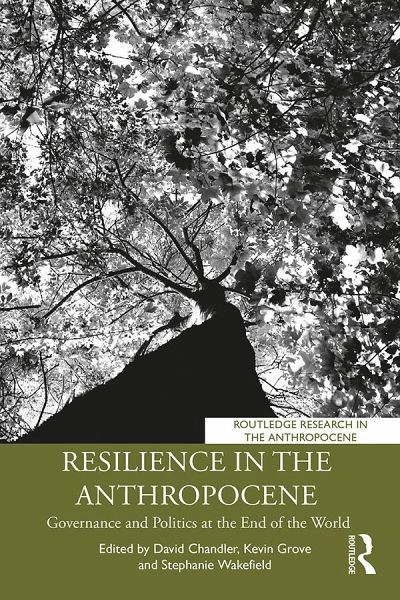
Resilience in the Anthropocene
Governance and Politics at the End of the World
Herausgegeben: Chandler, David; Grove, Kevin; Wakefield, Stephanie
Versandkostenfrei!
Versandfertig in 6-10 Tagen
41,99 €
inkl. MwSt.
Weitere Ausgaben:

PAYBACK Punkte
21 °P sammeln!
This book offers the first critical, multi-disciplinary study of how the concepts of resilience and the Anthropocene have combined to shape contemporary thought and governmental practice.Faced with the climate catastrophe of the Anthropocene, theorists and policymakers are increasingly turning to 'sustainable', 'creative' and 'bottom-up' imaginaries of governance. The book brings together cutting-edge insights from leading geographers, international relations scholars and philosophers to explore how the concepts of resilience and the Anthropocene challenge and transform prevailing understandin...
This book offers the first critical, multi-disciplinary study of how the concepts of resilience and the Anthropocene have combined to shape contemporary thought and governmental practice.
Faced with the climate catastrophe of the Anthropocene, theorists and policymakers are increasingly turning to 'sustainable', 'creative' and 'bottom-up' imaginaries of governance. The book brings together cutting-edge insights from leading geographers, international relations scholars and philosophers to explore how the concepts of resilience and the Anthropocene challenge and transform prevailing understandings of Earth, space, time and knowledge, and how these transformations reshape governance, ethics and critique today. This book examines how the Anthropocene calls into question established categories through which modern societies have tended to make sense of the world and engage in critical reflection and analysis. It also considers how resilience approaches attempt to re-stabilize these categories - and the ethical and political effects that result from these resilience-based efforts.
Offering innovative insights into the problem of how environmental change is known and governed in the Anthropocene, this book will be of interest to students in fields such as geography, international relations, anthropology, science and technology studies, sociology, and the environmental humanities.
Faced with the climate catastrophe of the Anthropocene, theorists and policymakers are increasingly turning to 'sustainable', 'creative' and 'bottom-up' imaginaries of governance. The book brings together cutting-edge insights from leading geographers, international relations scholars and philosophers to explore how the concepts of resilience and the Anthropocene challenge and transform prevailing understandings of Earth, space, time and knowledge, and how these transformations reshape governance, ethics and critique today. This book examines how the Anthropocene calls into question established categories through which modern societies have tended to make sense of the world and engage in critical reflection and analysis. It also considers how resilience approaches attempt to re-stabilize these categories - and the ethical and political effects that result from these resilience-based efforts.
Offering innovative insights into the problem of how environmental change is known and governed in the Anthropocene, this book will be of interest to students in fields such as geography, international relations, anthropology, science and technology studies, sociology, and the environmental humanities.





